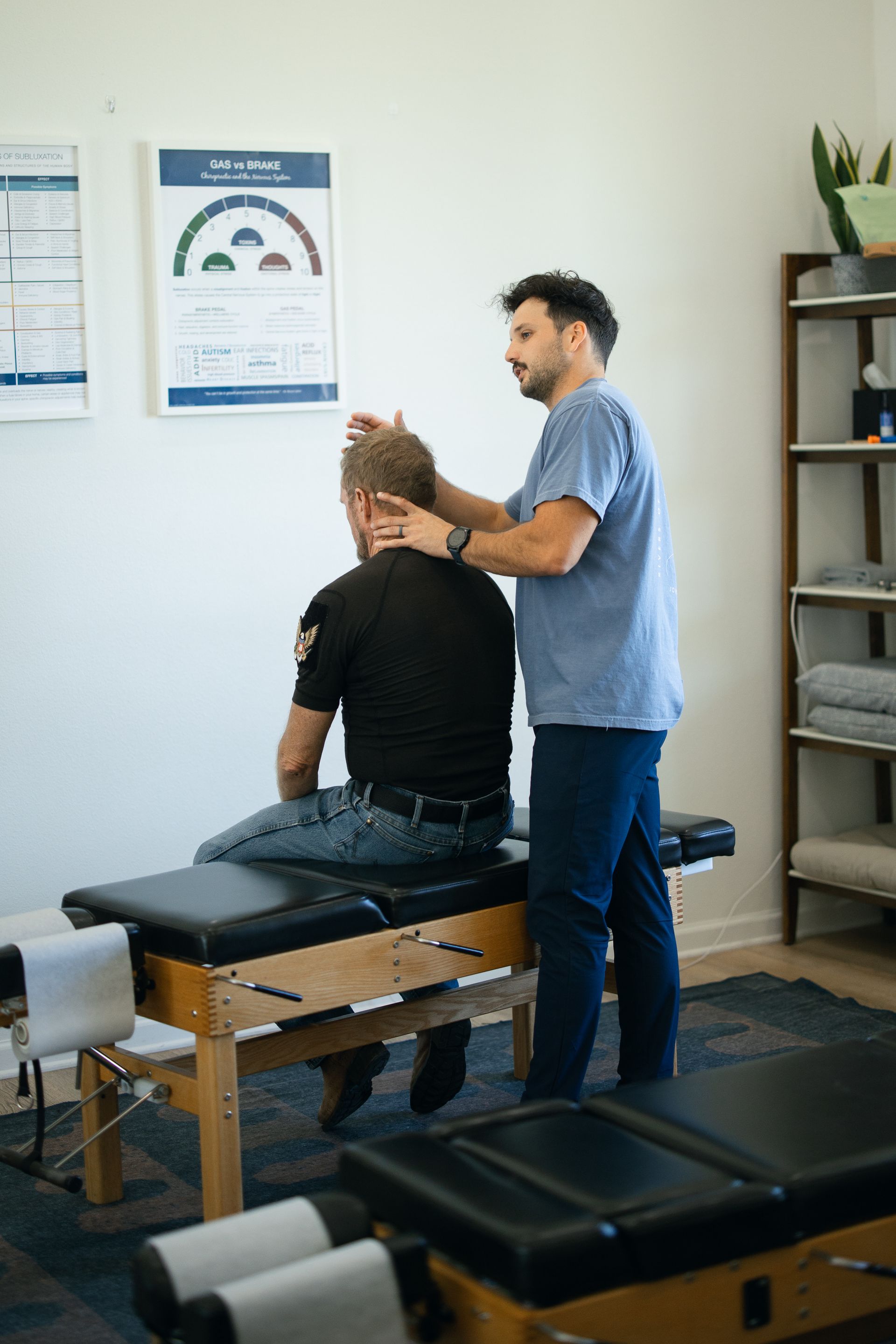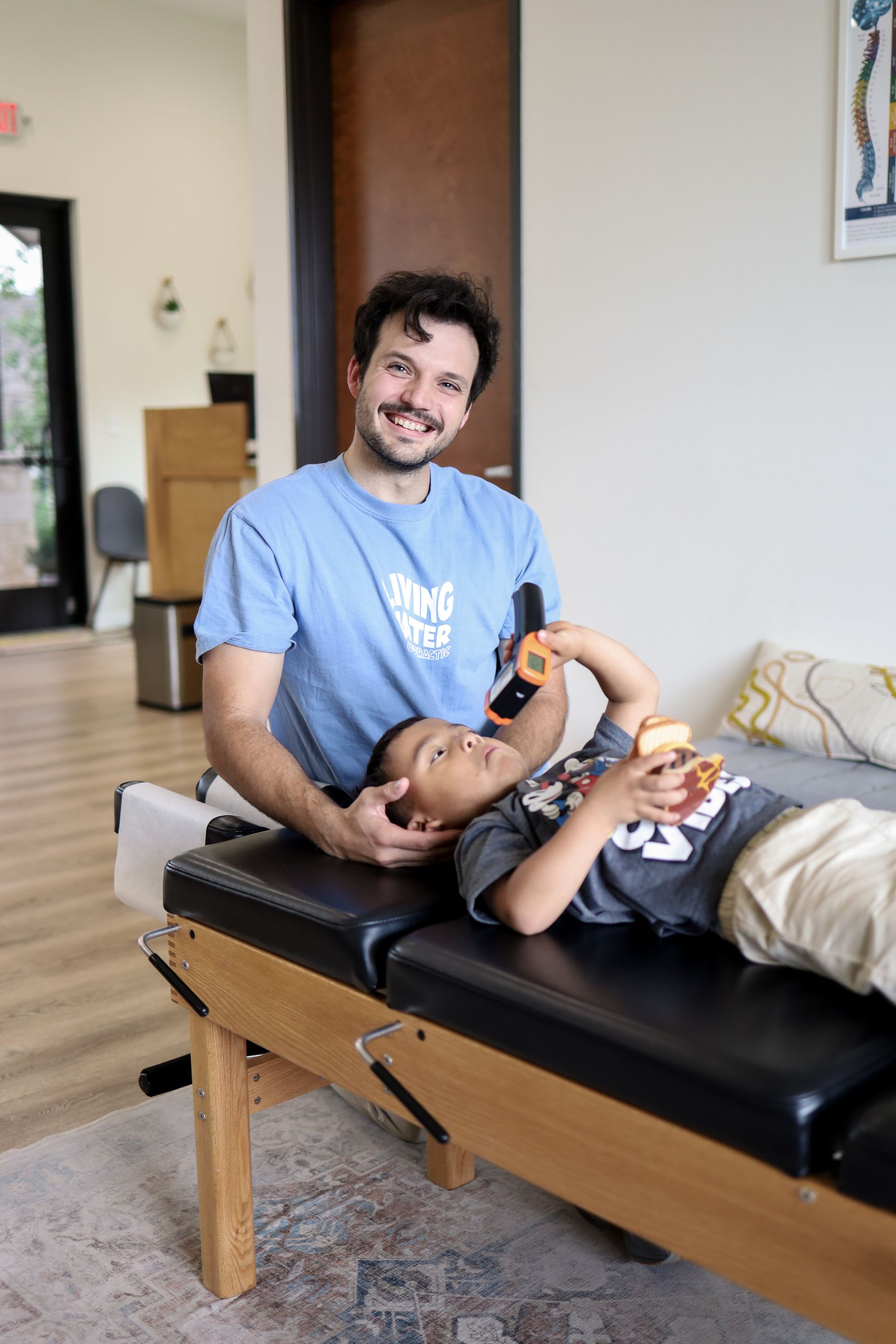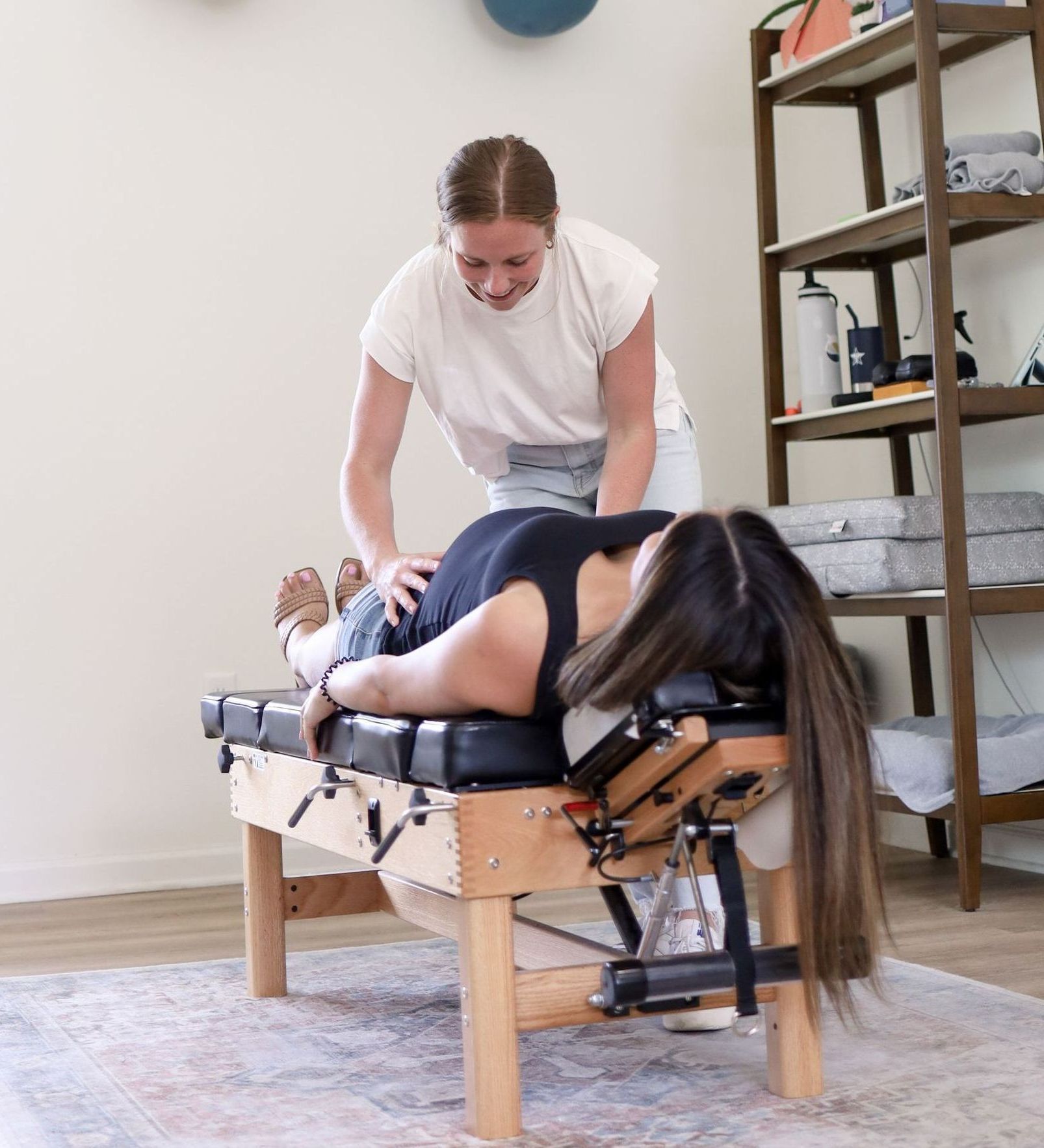How to Advocate for Your Child
How to Advocate for Your Child

Picture this: you’re sitting in a hospital room or doctor’s office with your child, and everything suddenly starts spinning. Medical jargon is flying, consent forms are sliding across the table, and there’s this unspoken pressure to hurry up and decide.
Your heart’s racing. Your gut’s yelling “something feels off,” but you don’t know how to hit pause without looking like that parent.
We get it. So many parents in our practice have been right where you are. And here’s what we wish every parent knew: unless it’s a true, immediate emergency, you have every right to slow things down, ask questions, and fully understand what’s happening before saying “yes” to anything.
The medical world runs fast. But your child’s care? That should move at your pace.
Why This Matters
Here’s a sobering fact: medical errors are the third leading cause of death in the U.S. Let that sink in.
And so many parents share that they felt rushed or pressured into making decisions about their child’s care, decisions they later lose sleep over. You and your child deserve better than that. You deserve clarity and confidence.
So let’s walk through how to be your child’s best advocate — calm, confident, and in control.
Step 1: Master the Pause
Hospitals can feel like chaos — alarms beeping, people rushing, constant urgency. But here’s the truth: most decisions aren’t true emergencies. It’s kind of like having a million tabs open on your computer — lots of noise, but not every tab needs your attention right this second.
Your new go-to phrase:
“I need a moment to process this before making a decision.”
That’s it. Nine simple words that change everything.
When you pause, you:
- Shift from panic mode to thinking mode
- Get space to talk with your partner or a trusted friend
- Give your intuition a chance to speak up
And good providers? They’ll respect that. If someone gets defensive when you ask for time — that’s a clue, too.
Step 2: Ask These 3 Power Questions
Before anyone moves forward with a procedure, medication, or test, you deserve real information, not medical shorthand.
Ask these three questions every time:
- “What are the risks?”
Don’t accept vague answers. Ask for the full picture — even the rare stuff. - “What are the benefits?”
Be specific. What should improve? When will you know it’s working? - “What are the alternatives?”
This one’s huge. What are your other options? What if you wait? Sometimes, time and rest are the best medicine.
If a doctor gets defensive when you ask? That’s a red flag. Great doctors appreciate informed, engaged parents.
Step 3: Watch for Fake Urgency
Hospitals are built to make everything feel like an emergency. But most situations? They’re not.
Ask:
“Is this time-sensitive? What happens if we wait an hour, a day, or get a second opinion?”
You’ll be surprised how often you actually have room to breathe.
Bonus tip: jot down their answer in your phone. Documentation = protection.
Step 4: Trust Your Gut
That deep-down parental instinct? It’s real — and powerful. You know your child better than anyone.
Science even backs this up: parental intuition often detects illness earlier than medical tests.
So if something doesn’t feel right, say it:
“This doesn’t sit well with me. I’d like to get a second opinion.”
You don’t need to justify it. Your intuition is reason enough.
Step 5: Build Your Advocacy Toolkit
A few practical ways to stay grounded and informed:
- Never go alone.
Bring someone with you (or on speakerphone). Two sets of ears > one.
- Keep notes.
Write down:
- Every provider’s name
- What they recommend and why
- Risks they mention — and ones they skip
- Any pushback you get
- Know your rights.
You can always:
- Say no
- Ask for a different doctor
- Request a second (or third) opinion
- Take time to research
- Leave and go elsewhere
These aren’t “difficult parent” moves. They’re your rights.
The Heart of It All
Being your child’s advocate isn’t about being combative — it’s about being clear and calm. It’s about protecting your child’s right to thoughtful, personalized care. You don’t have to have all the answers or a medical degree. You just need to remember: slowing down, asking questions, and trusting your gut is never the wrong choice.
We’re Here for You
At Living Water Chiropractic, we believe in empowering parents, not pressuring them. If you want more support in becoming your child’s best health advocate, we’d love to help. Your child doesn’t need “perfect” medical decisions — they need a parent who listens, loves, and leads with confidence. That’s you.








































































































